Thursday, October 3, 2024 6:00 p.m.
Building B12, First Floor, Room L.12
Politecnico di Milano, Campus Bovisa, via La Masa, 34, Milano
Free admission
COMPUTATIONAL FLUID DYNAMICS AND THERMOCHEMICAL PROPULSION FOR SUSTAINABLE AEROSPACE TECHNOLOGIES

Environmental Sustainability Project promoted by the Department of Aerospace Science and Technology. It starts from small everyday gestures to major aeronautical projects.
Thursday, October 3, 2024 6:00 p.m.
Building B12, First Floor, Room L.12
Politecnico di Milano, Campus Bovisa, via La Masa, 34, Milano
Free admission
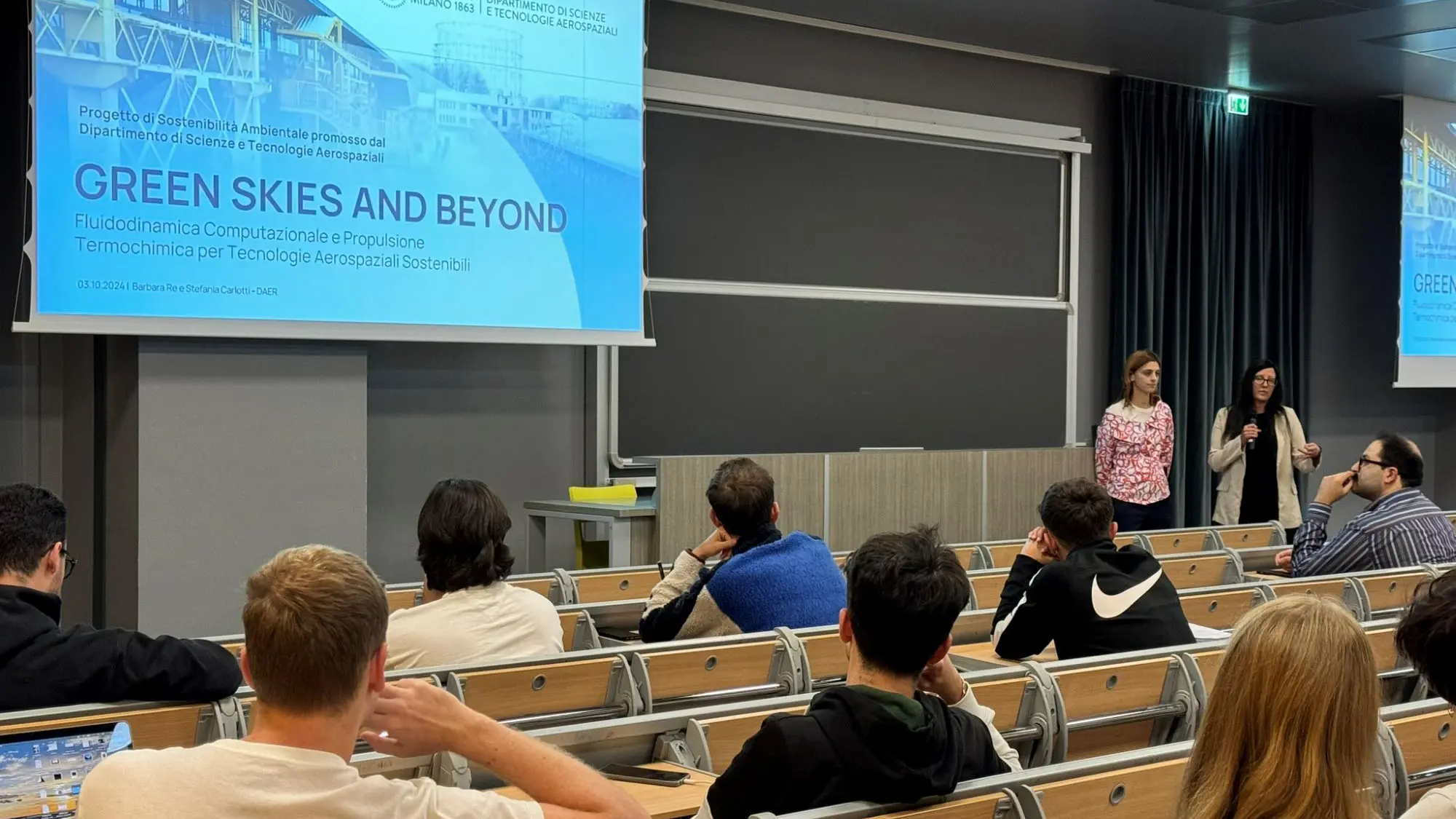
Speakers:
Stefania Carlotti, DAER, Politecnico di Milano
Barbara Re, DAER, Politecnico di Milano
Aerospace engineering is increasingly focused on sustainability,both in aviation and space exploration. Advanced technologies like computational fluid dynamics and thermochemical propulsion are helping actualize the aerospaceindustry's efforts toward sustainability, by optimizing designs, improving fuel efficiency, and minimizing pollution.
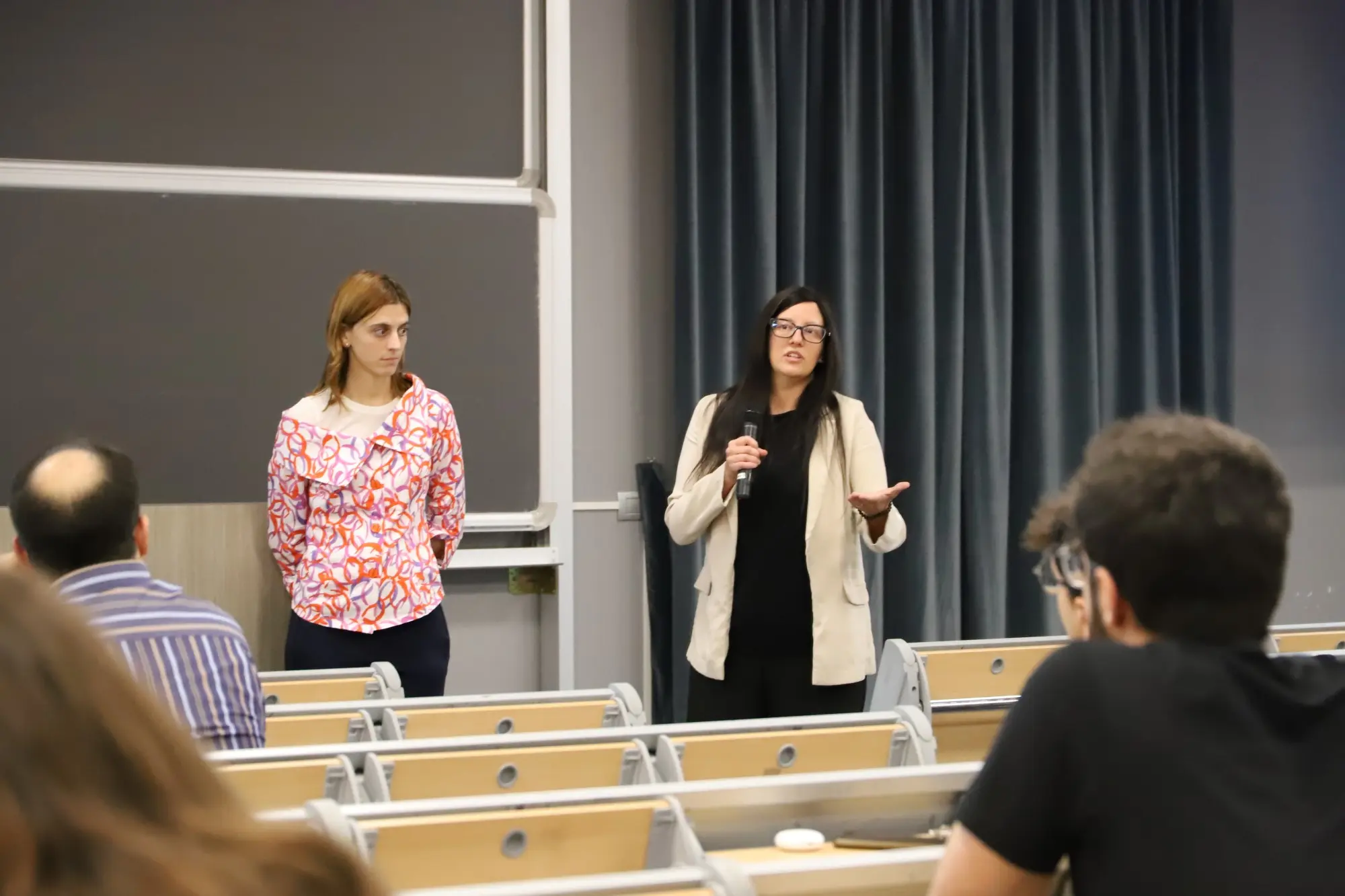
Barbara Re
Computational Fluid Dynamics (CFD) combines applied mathematics, physics, and high-performance computing to obtain detailed simulations of the air flowing over complex bodies. In the aerospace industry, CFD has become instrumental in designing and analyzing the flow field over the vehicle or specific critical components, reducing the cost and time of aircraft development. Additionally, accurate flow simulations help engineers optimize aerodynamic surfaces and engine designs, reducing fuel consumption and greenhouse gas emissions. These achievements allow the design of quieter, safer, and more sustainable aircraft and rotorcraft.
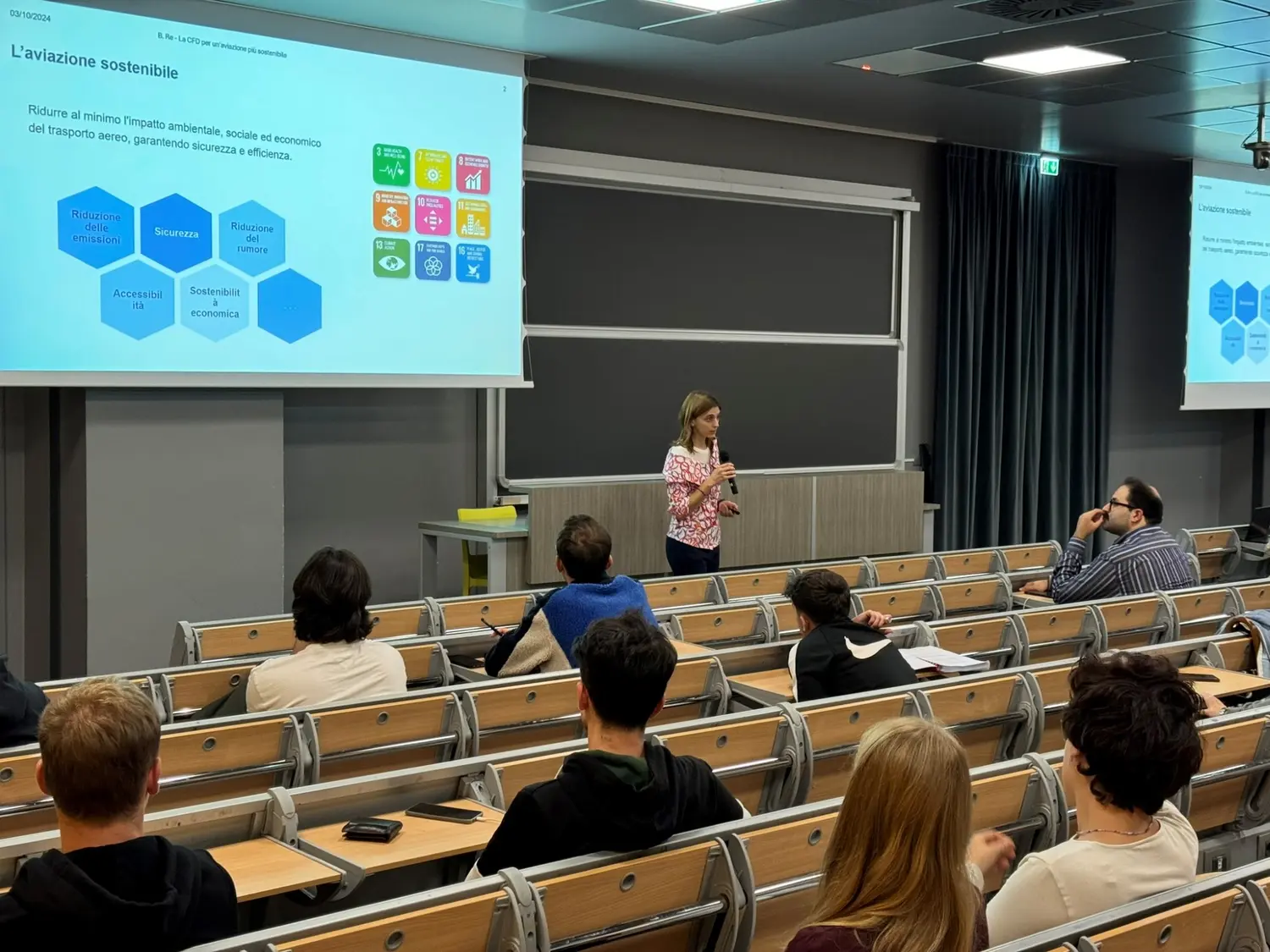
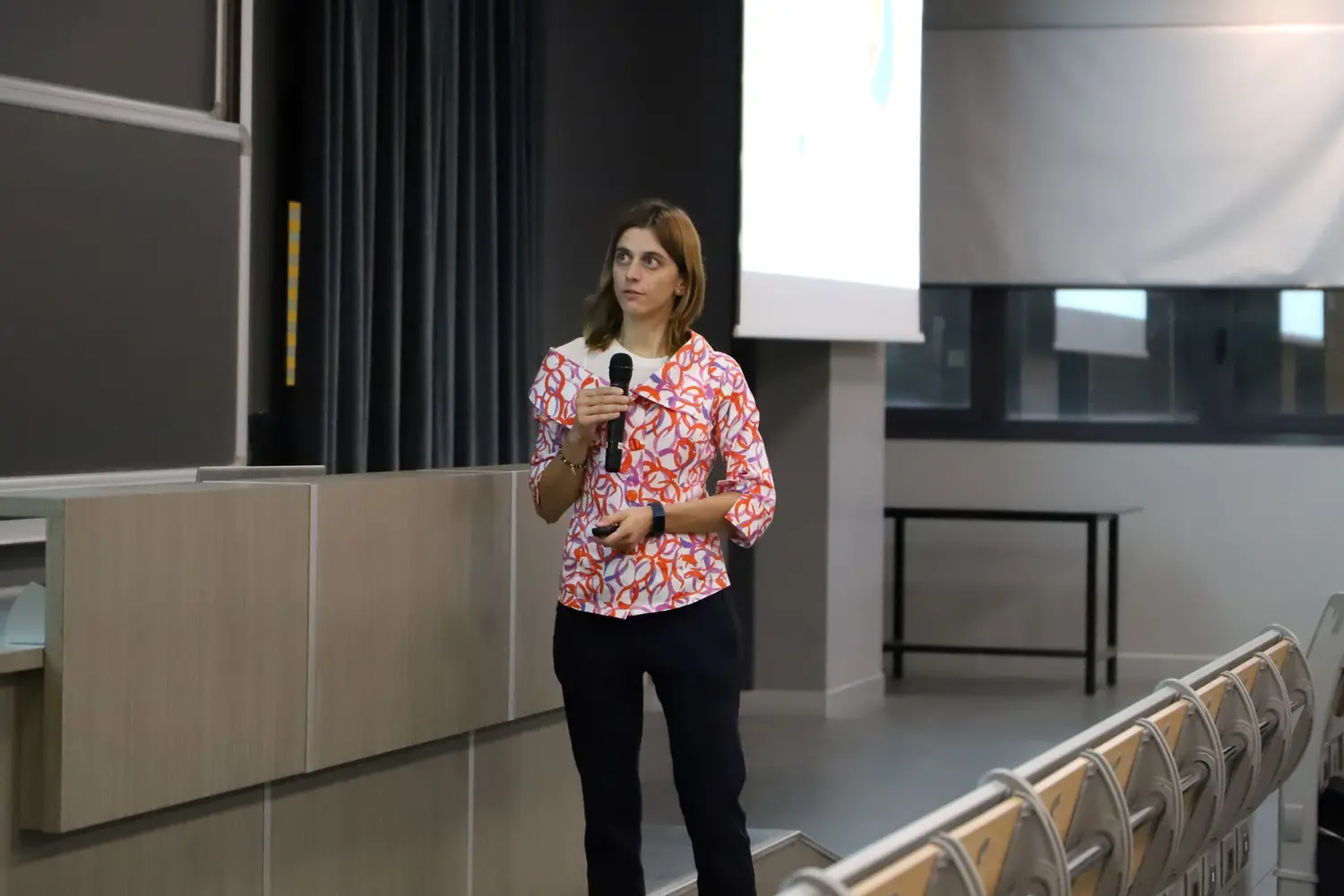
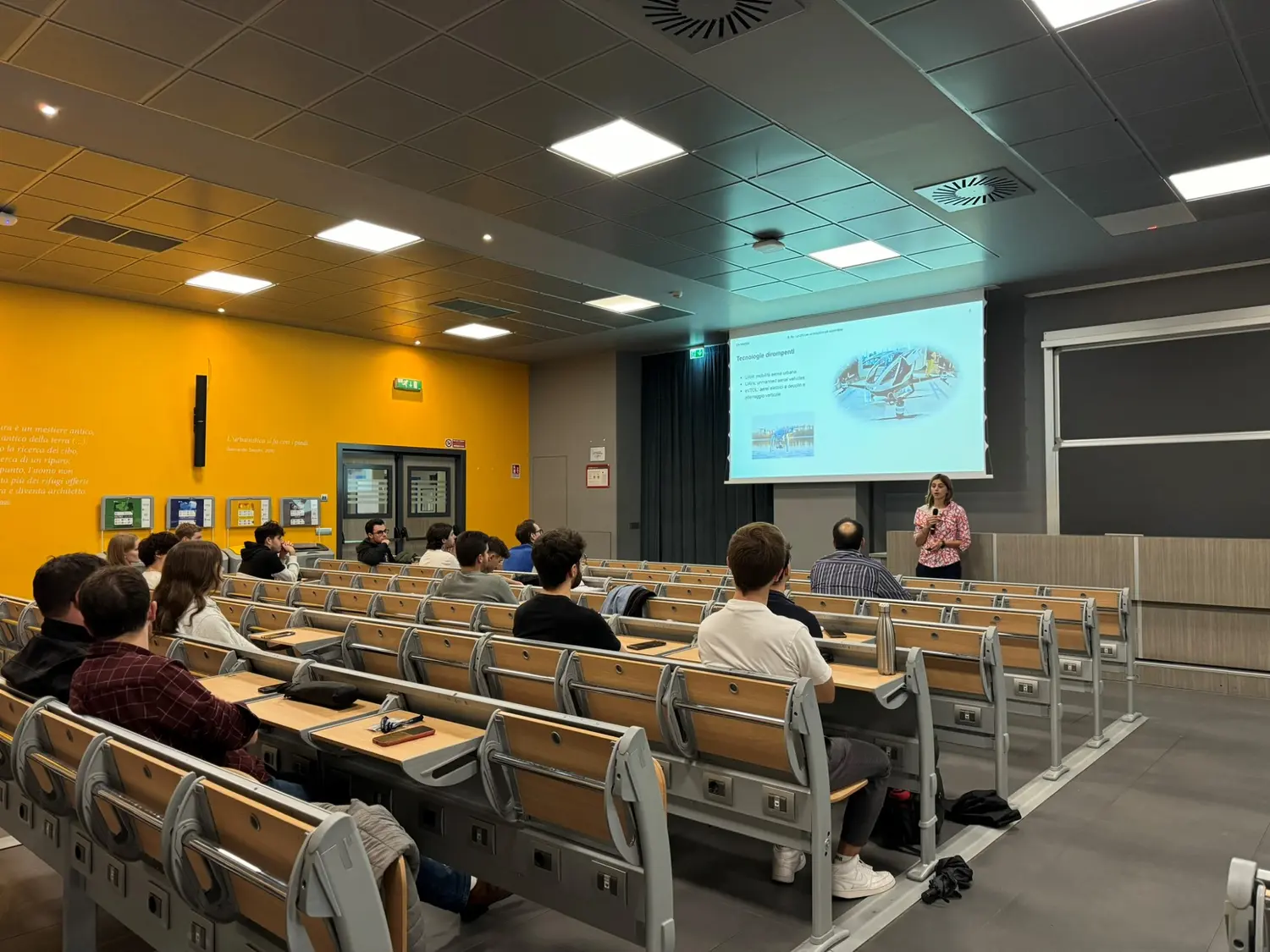
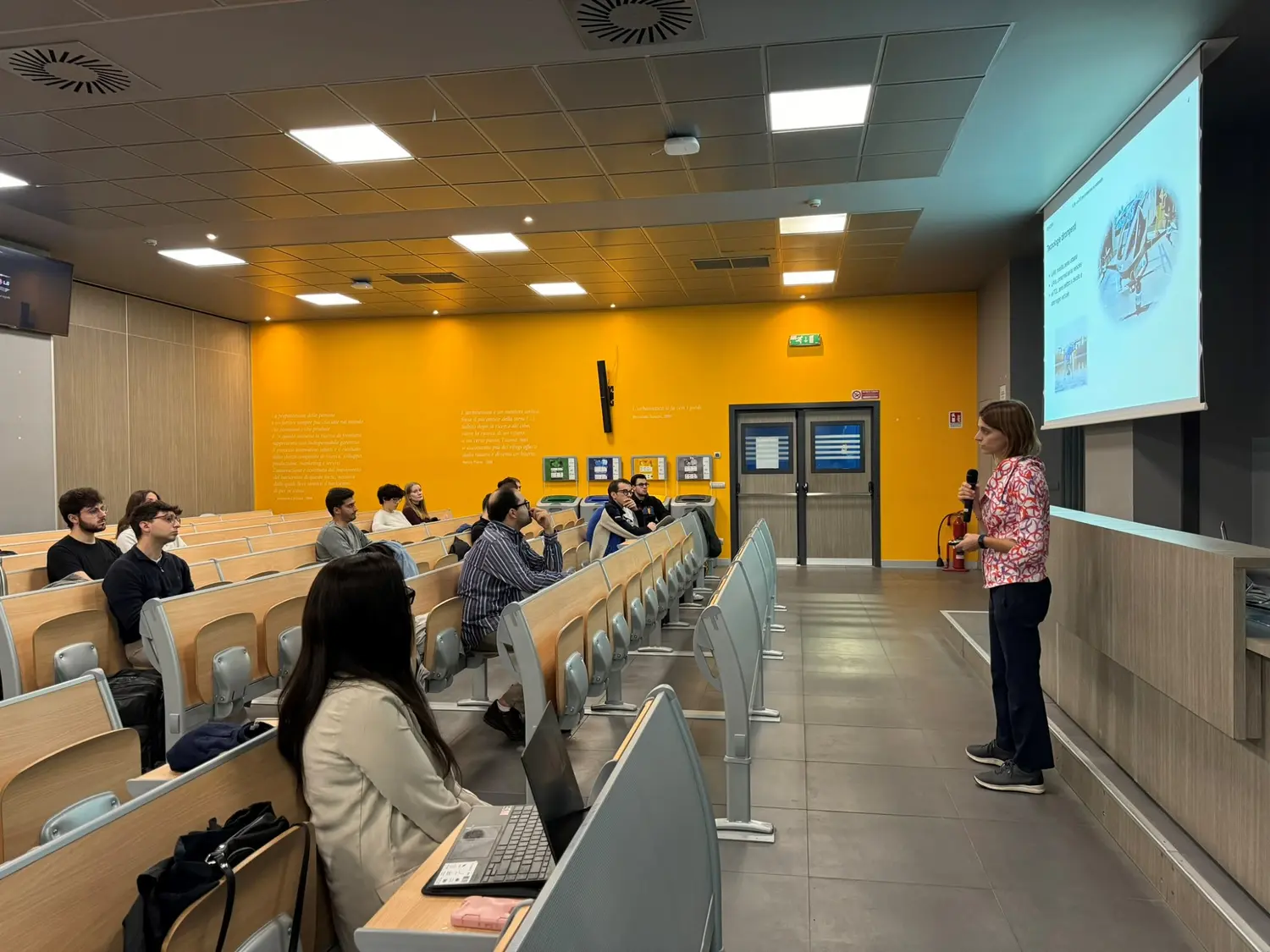

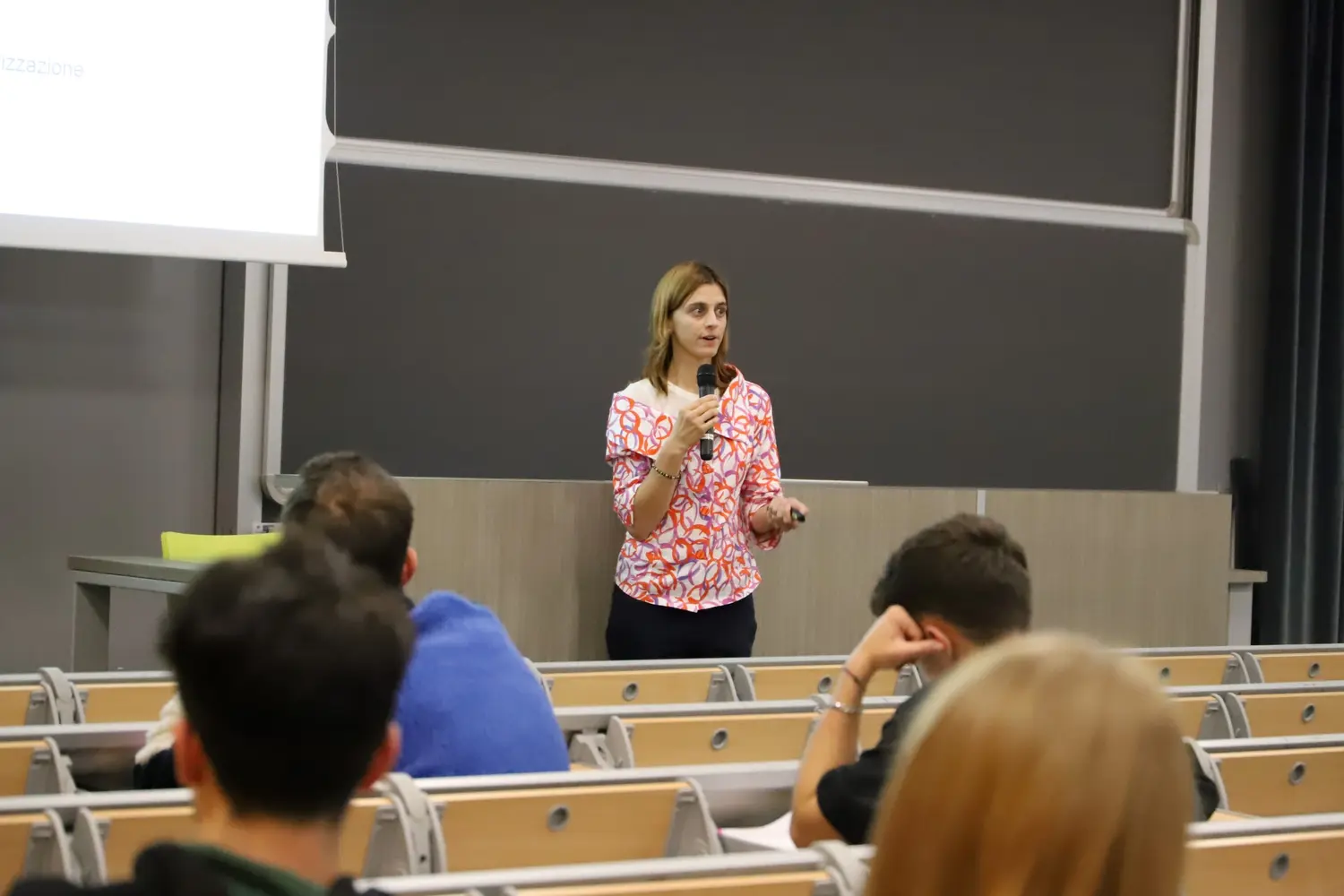
Stefania Carlotti
As commercial space flight becomes more accessible, the environmental impact of space launchers is gaining attention. The interaction of combustion products with the atmosphere and the toxicity of both the propellants and their combustion products are key points under discussion. Indeed, different propulsion technologies - solid, liquid, and hybrid - contribute differently to pollution. Recent advancements in the field of thermochemical propulsion focus on the development of sustainable solutions to address these environmental challenges.
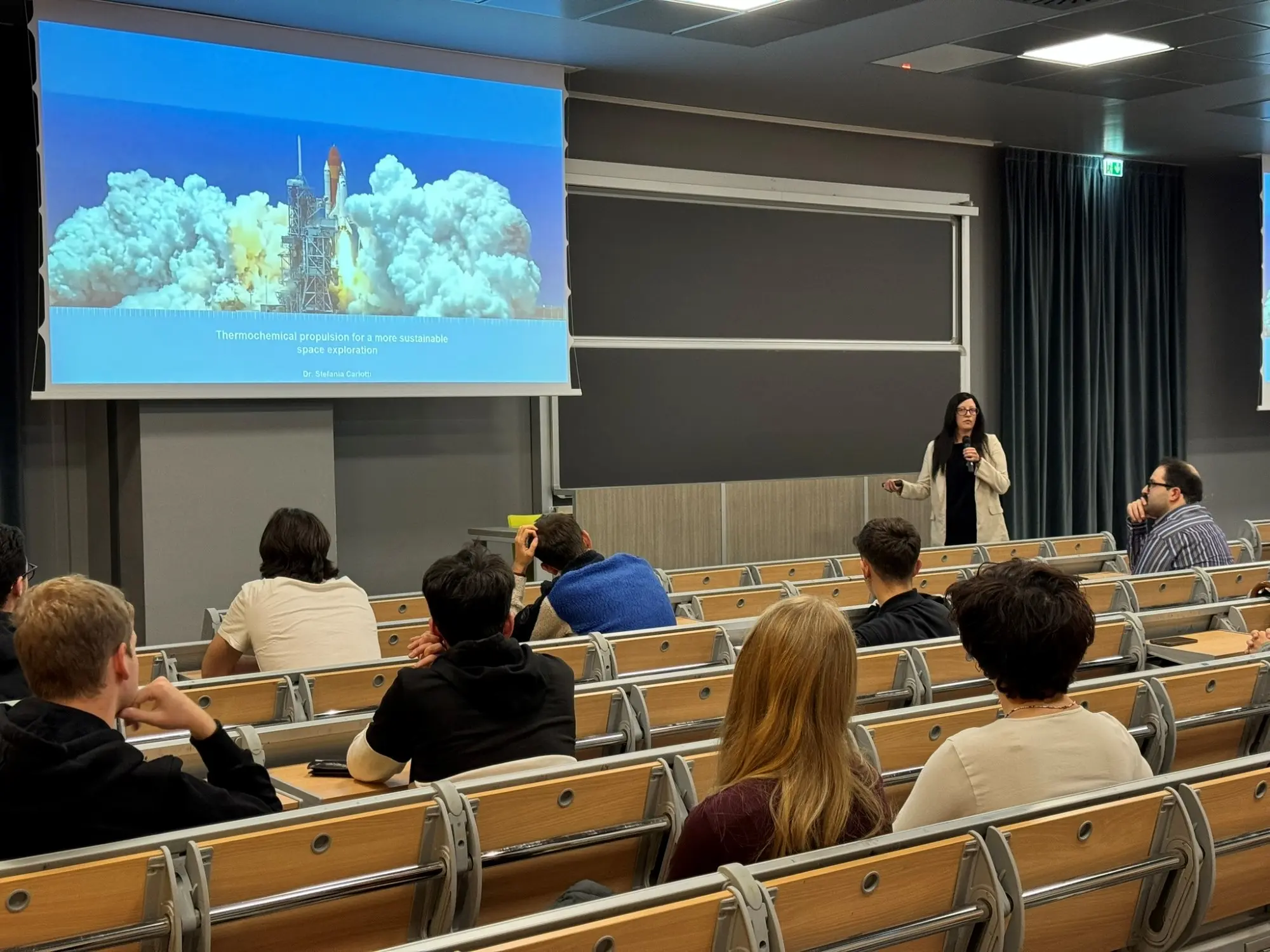
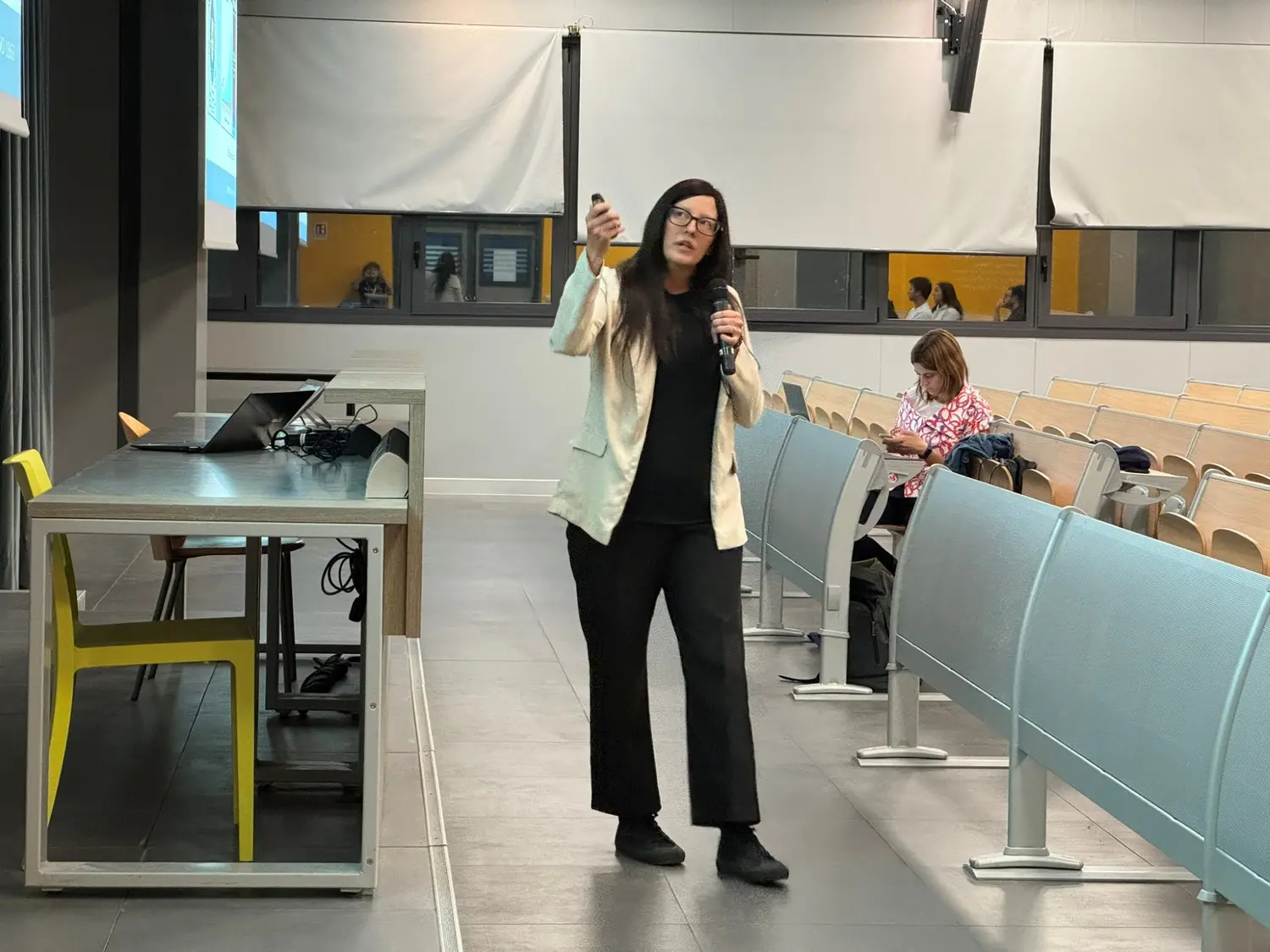
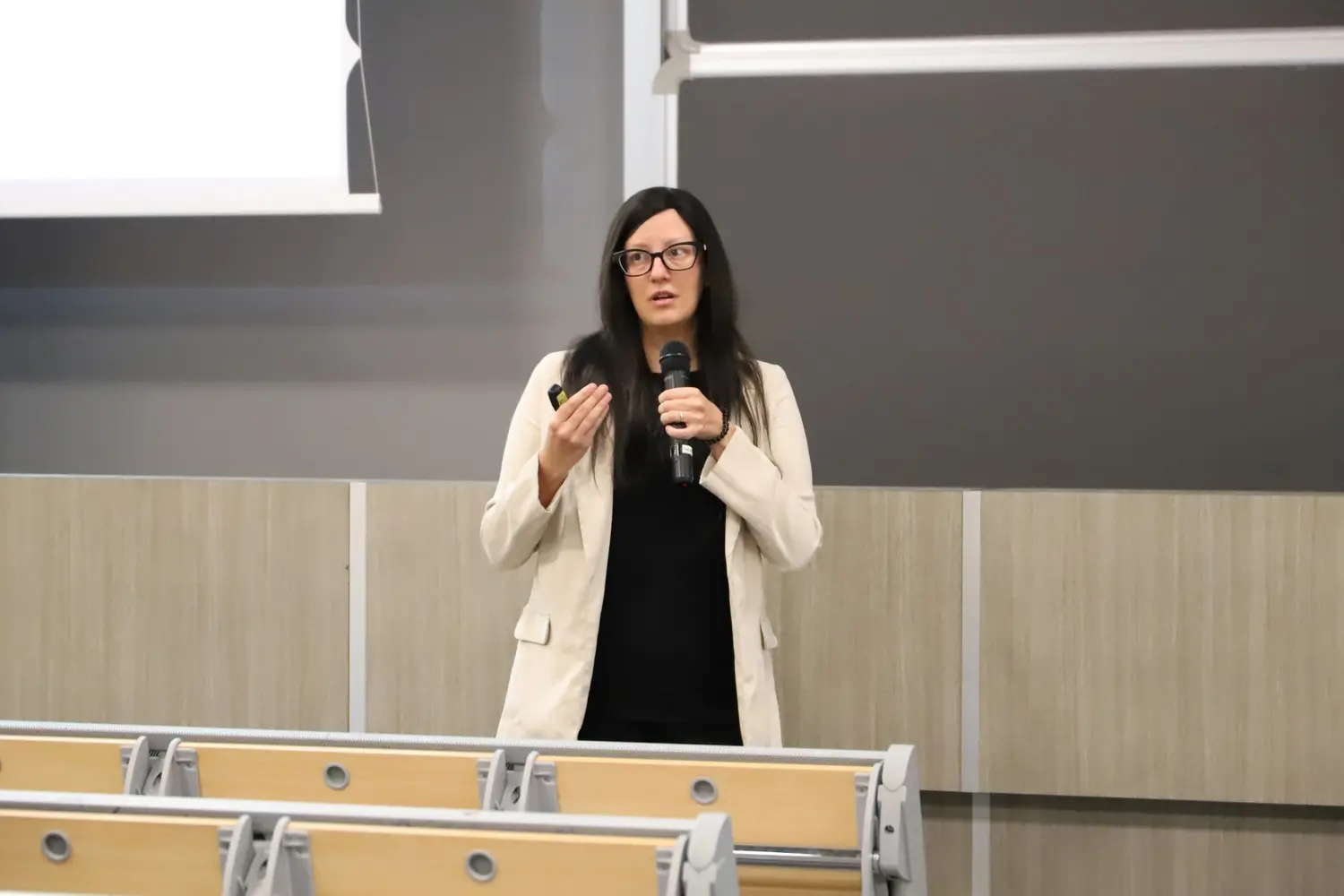

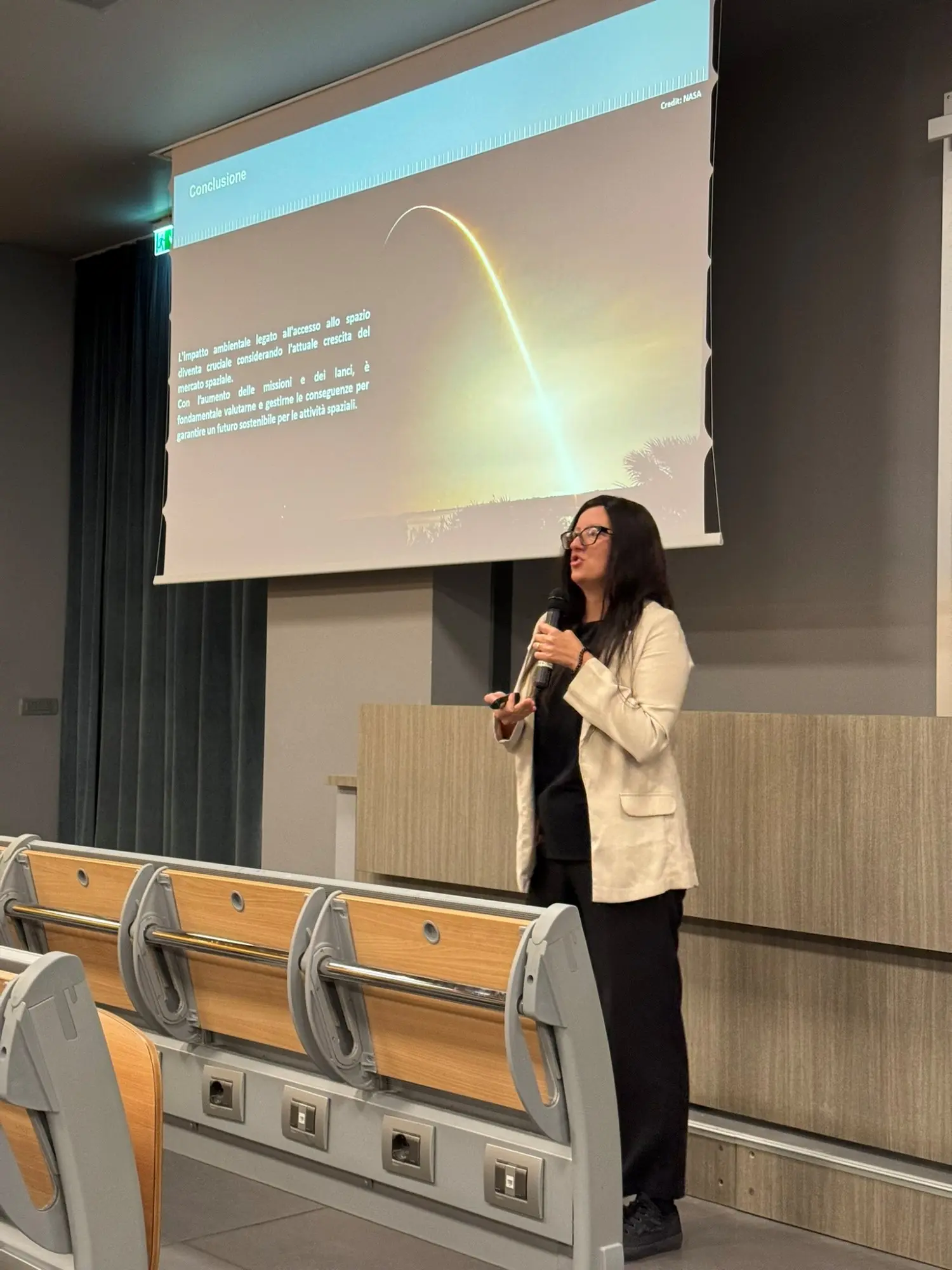
Click here to download the flyer
26.9.2024